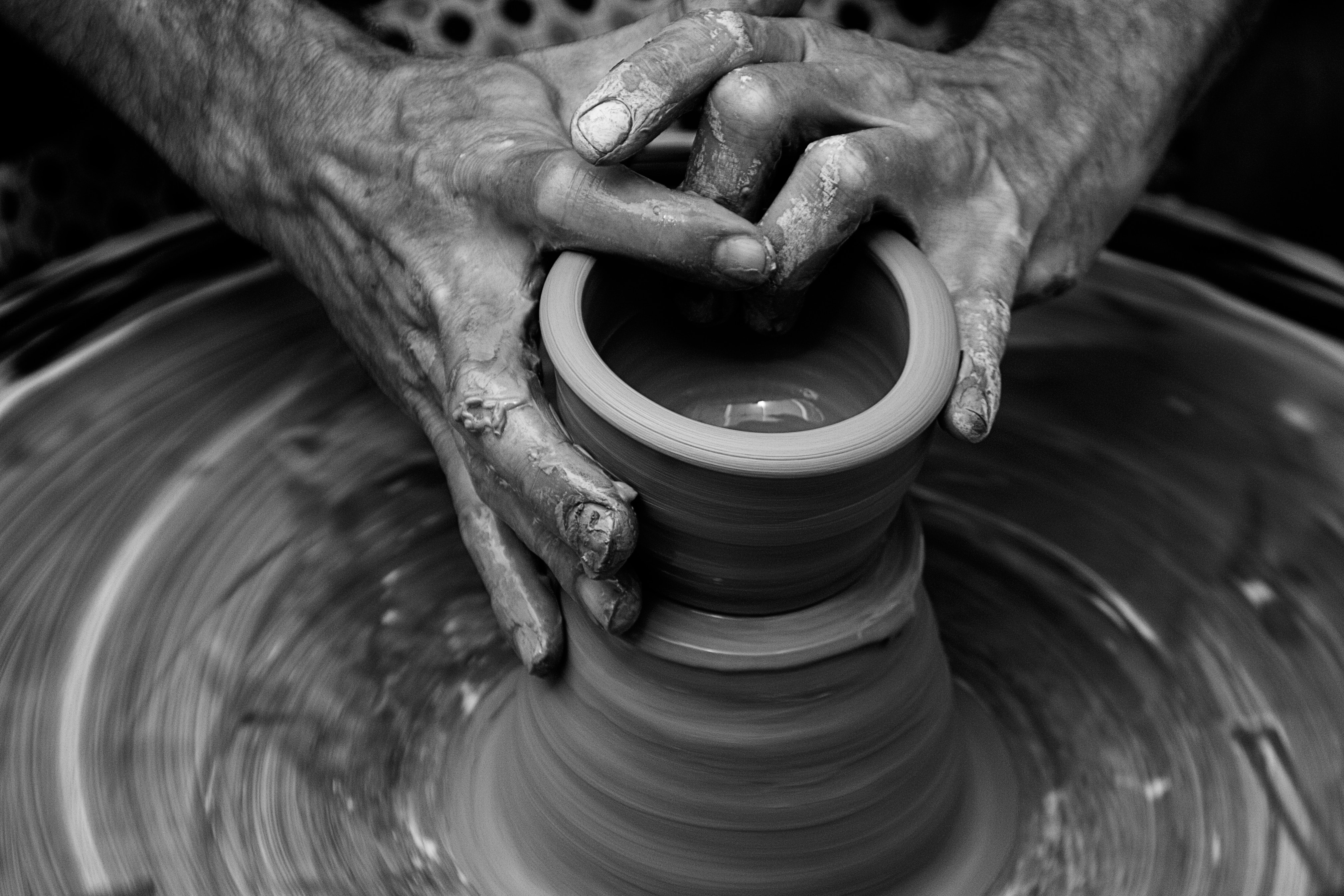
Understand the value of time.
Let’s reflect on the lifecycle of space in your home or workplace. In the first phase, you keep adding things for aesthetic or functional purposes. Most of times, you do not discard things by evaluating its usefulness or relevance overtime. To give an example, most accountants will still have the big calculators they used some 15 years before. Have you ever wondered that the volume of things that you possess is always equal to or exceed the storage units you have? In the next phase, you keep adding storage units in every possible corner until you run out of space.
Then comes the time for relocation or renovation or just realization that you have a very little space to add. In this phase, you realize that several things you possess have no use or any value to you. These items were just consuming space because you had not made any effort to assess and clean up. There are scientific theories suggesting that clutter has a negative impact on emotional and psychological wellness.
Extrapolate the above concept to time. Like space, time is limited – 24 hours in a day and 365 days in a year. Time is more valuable as you cannot reclaim what is lost. Sometimes we do tasks that simply do not add any value to us or to anyone. Just as you put a painting to fill the otherwise blank wall, you engage in something to fill the vacuum in time.
Understand, it is ok not to be busy all the time. Critically evaluate everything you intend to do in a month or a quarter. Disengage from non-value adding tasks (throw unwanted things) and create blocks of free time (empty your storage units). Consciously engage in nurturing and productive activities that aligns with your vision.
Value time. Fill it wisely.
Categories
Blogs

Declutter: reclaim the treasures

What got you here, won’t get you there

Write a public review